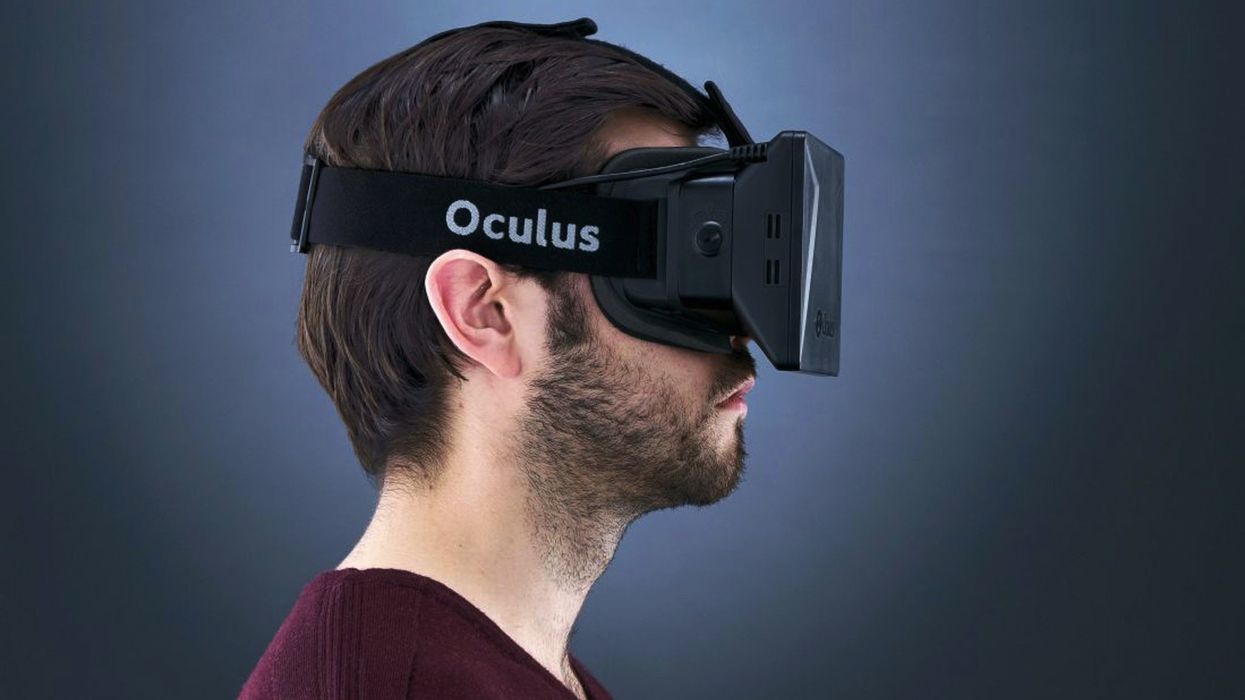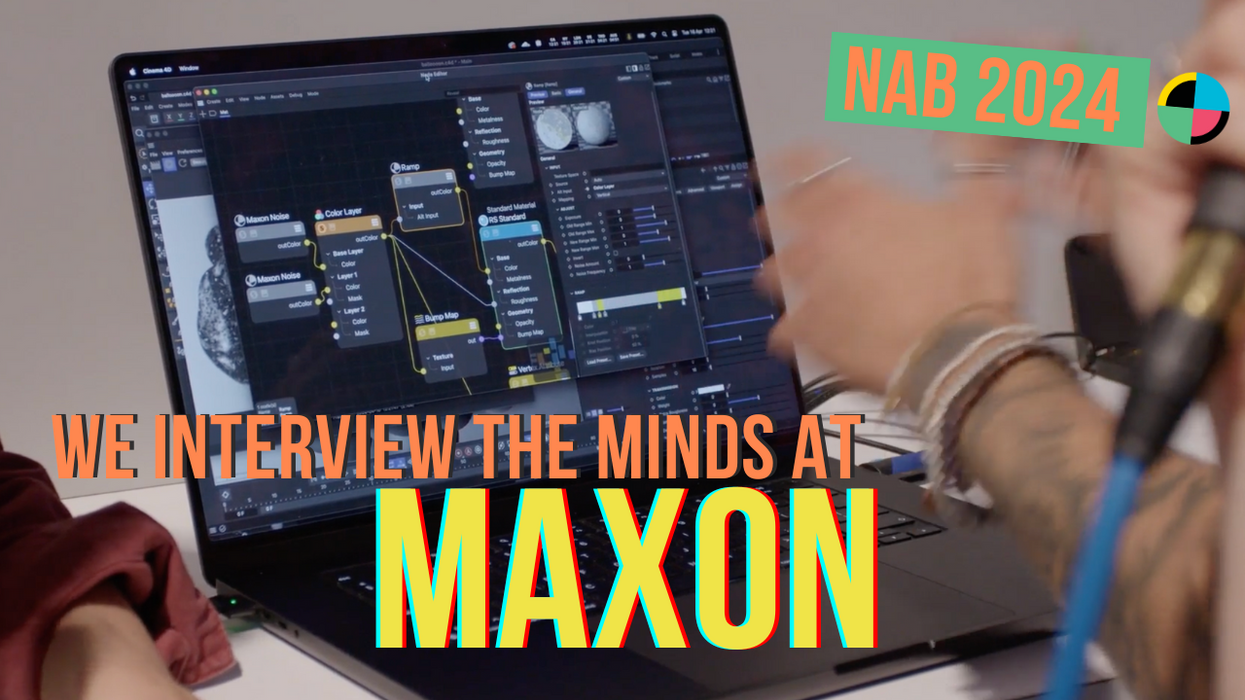Virtual Reality is Here for Netflix, Hulu, and More Than 100 Titles from 20th Century Fox
Cinema's relationship with virtual reality may have a mere dalliance before, but a few big name companies have voiced that they are ready to get serious.

Three companies, Fox, Netflix, and Hulu, have all announced big plans to integrate VR in pretty significant ways. According to Forbes, Fox has announced plans to release more than 100 titles from its library to Oculus VR headsets. This means that Fox films like Alien, Gone Girl, X-Men: Days of Future Past, 28 Days Later, Die Hard, Predator, Office Space, and Birdman, will be able to be viewed in a "virtual reality cinema" called Oculus Video via the Oculus Rift and Samsung's Gear VR headset.
20th Century Fox Home Entertainment president Mike Dunn explained the decision in a statement:
VR cinema is a new way of presenting our movies, and has the opportunity to bring in mass market consumers to virtual reality. With Oculus Video, we are leveraging the scale and flexibility of mobile, while continuing to deliver a powerful, emotional experience for consumers. We are just scratching the surface of how Hollywood and VR will revolutionize entertainment by exploring innovative ways to develop immersive experiences as a new storytelling medium.
You can learn more by watching the livestream of the keynote address from the Oculus Connect 2 developer’s conference below. (The presentation starts at around the 33-minute mark.)
But Fox isn't the only company getting into VR. Netflix and Hulu users received some exciting news when the two streaming platforms announced their plans to launch new VR apps that will "give users a 3D way to explore content." Hulu's app will be available next Fall, but they've taken it a bit further and have stated that they also plan on producing original virtual reality content
From Hulu's VP of Device Platforms Julian Eggebrecht:
Providing viewers with dynamic environments of their choice and themed around their favorite shows provides a whole new level of engagement, which together with our cinematic VR experiences makes Hulu an exciting VR destination.
"Netflix Living Room" is available now through the Samsung Gear VR headset, allowing users to choose content through a virtual environment, though it's limited to standard definition. Here's a first look at Netflix's new virtual reality user interface:
Oculus CTO John Carmack laid out their plan of attack with Netflix in a very detailed blog post on Netflix's site (which you should really read in its entirety), but one thing he writes in particular captures what was needed in order to make virtual reality a -- reality -- in cinema: acceptance and support from a major streaming service (another major streamer and one of the Big Five studios doesn't hurt either).
A year ago, I had a short list of the top things that I felt Gear VR needed to be successful. One of them was Netflix. Despite all the talk of hardcore gamers and abstract metaverses, a lot of people want to watch movies and shows in virtual reality.
So, virtual reality is coming -- both in the form of interactive menus and film/TV content, and they'll be available on platforms that you most likely already use. However it will be relegated to SD, which may be a huge deterrent for some, especially those who are ride-or-die 4K and UHD fans (personally, I'm not really one of them).
How do you think VR will change filmmaking in the future? Let us know down in the comments!












